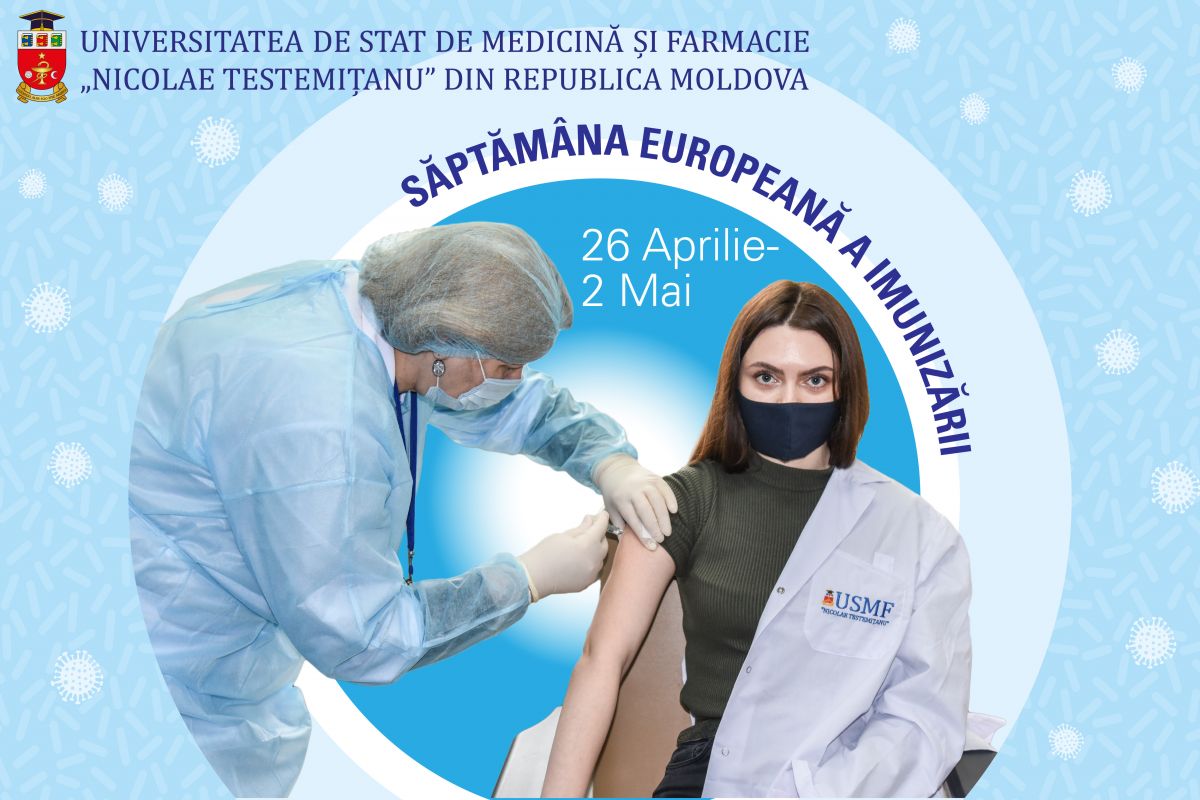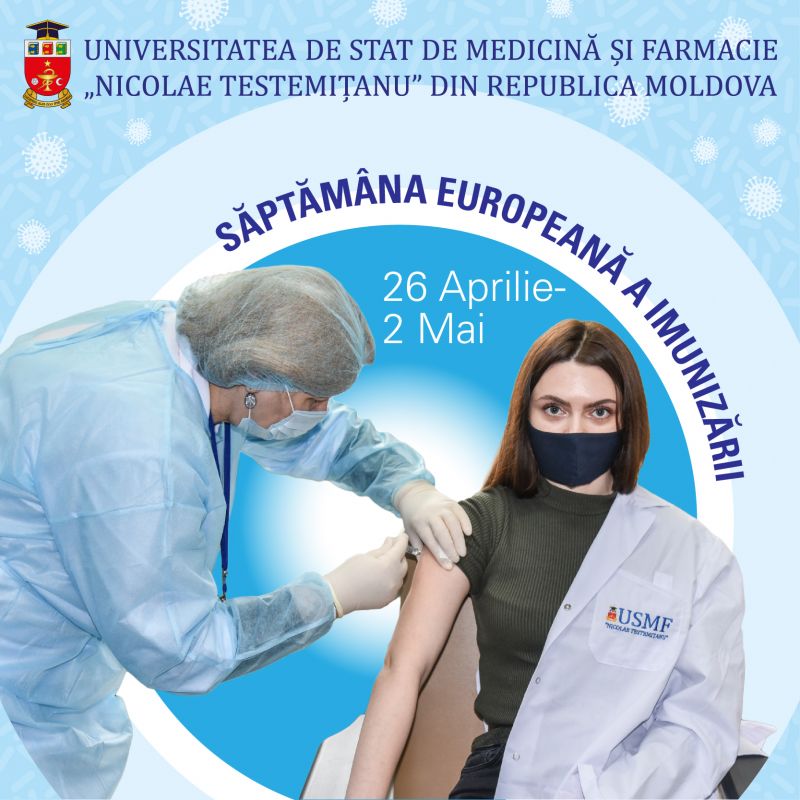European Immunization Week
- 304 views

The European Region of the World Health Organization (WHO) marks European Immunization Week (EIW) every year to promote the idea that vaccination is essential for disease prevention and life protection. In 2021, in addition to promoting routine immunization, the EIW focuses on vaccination against COVID-19. EIW coincides with World Immunization Week, so both campaigns will take place between April 26 and May 2, 2021, with the slogan "Vaccines bring us closer".
The campaign will encourage solidarity and people's trust in vaccines. All countries in the region are invited to participate in European Immunization Week and to contribute to the event by involving decision-makers, public health institutions and professionals, as well as parents and carers. Key messages about vaccines will be disseminated throughout the region through information campaigns, interviews, technical meetings, debates, television programs, scientific conferences, etc.
This campaign is particularly relevant today, when the vaccination process against COVID-19 has started all over the world. The vaccine is an indispensable tool to help keep the pandemic under control, along with effective testing and compliance with infection prevention measures. The coronavirus pandemic demonstrates, once again, how much the unavailability of vaccines to people costs us in terms of lost lives, temporary or permanent disabilities as well as financially and socially.
At the beginning of March, the vaccination campaign against COVID-19 started in the Republic of Moldova. Since its inception, more than 120,000 people have been vaccinated in the country, mainly employees of the health system, education area, law enforcement institutions, etc. According to the results of the fourth study on behavioral points of view regarding COVID-19 in the Republic of Moldova, conducted between March 10-21, 2021, there is an increase in the number of people who would agree to be vaccinated against COVID-19: from 31% to 41% of respondents. At the same time, the number of people stating that they will refuse to be vaccinated decreased by 9% (from 46% to 37%).
Currently, the number of children vaccinated annually against various diseases (diphtheria, tetanus, whooping cough, tuberculosis, polio, measles, hepatitis B, etc.) constitutes 100 million. According to the WHO, vaccination prevents 2-3 million deaths a year and reduces the cost of treatment for certain diseases. Despite this progress, many EU and neighboring countries are currently facing an unprecedented epidemic of vaccine-preventable diseases – and this is due to too low vaccination rates. Decreased public confidence in vaccination, differentiated access to vaccines by geographical area and the extent of misinformation about vaccination represent major concerns and challenges for public health experts. Both the European Commission and EU Member States seek to ensure equitable access to vaccines for all EU citizens, combat misinformation and improve confidence in vaccines.
European Immunization Week was first marked in 2005.
Preluarea informației de pe site-ul USMF „Nicolae Testemițanu” poate fi efectuată doar cu indicarea obligatorie a sursei și a linkului direct accesat pe www.usmf.md.



Comentarii